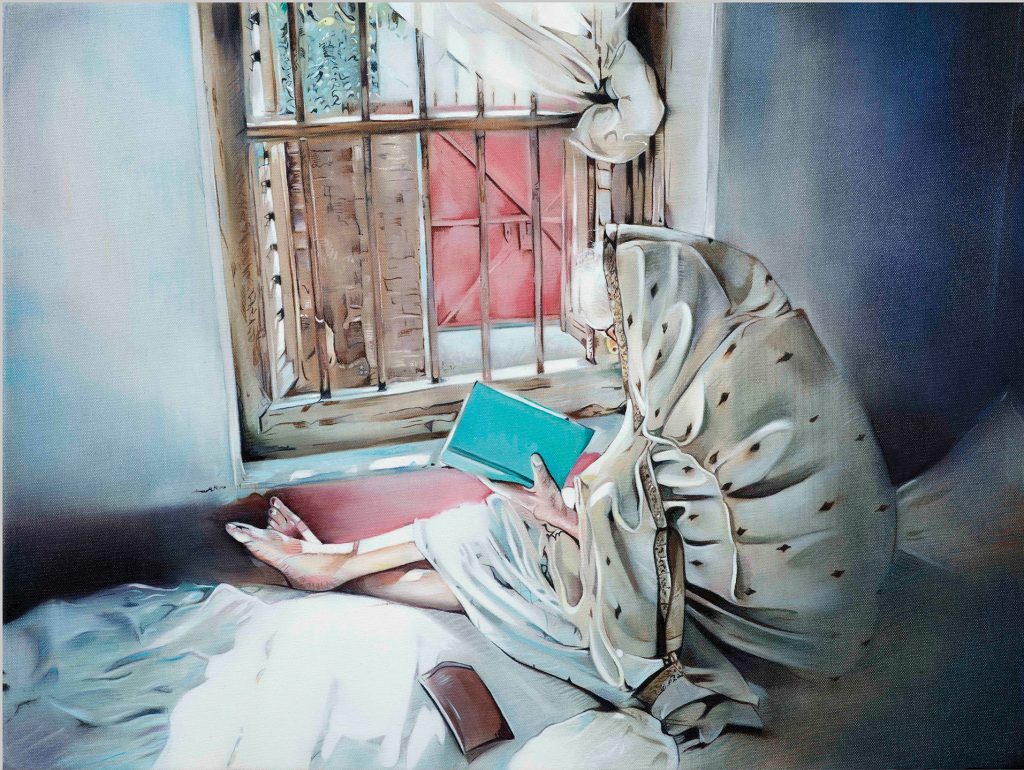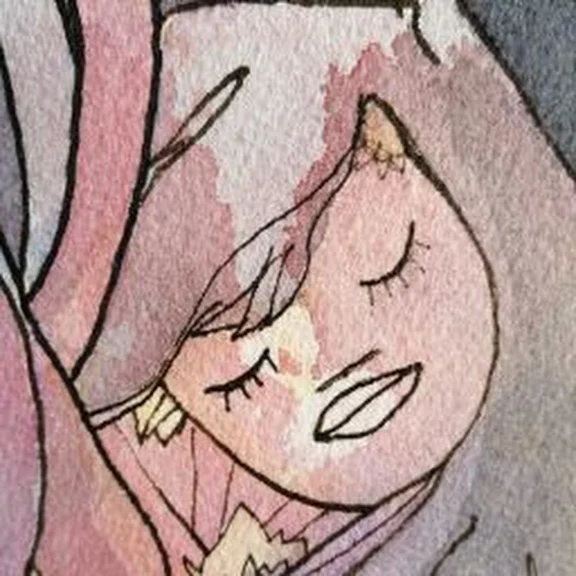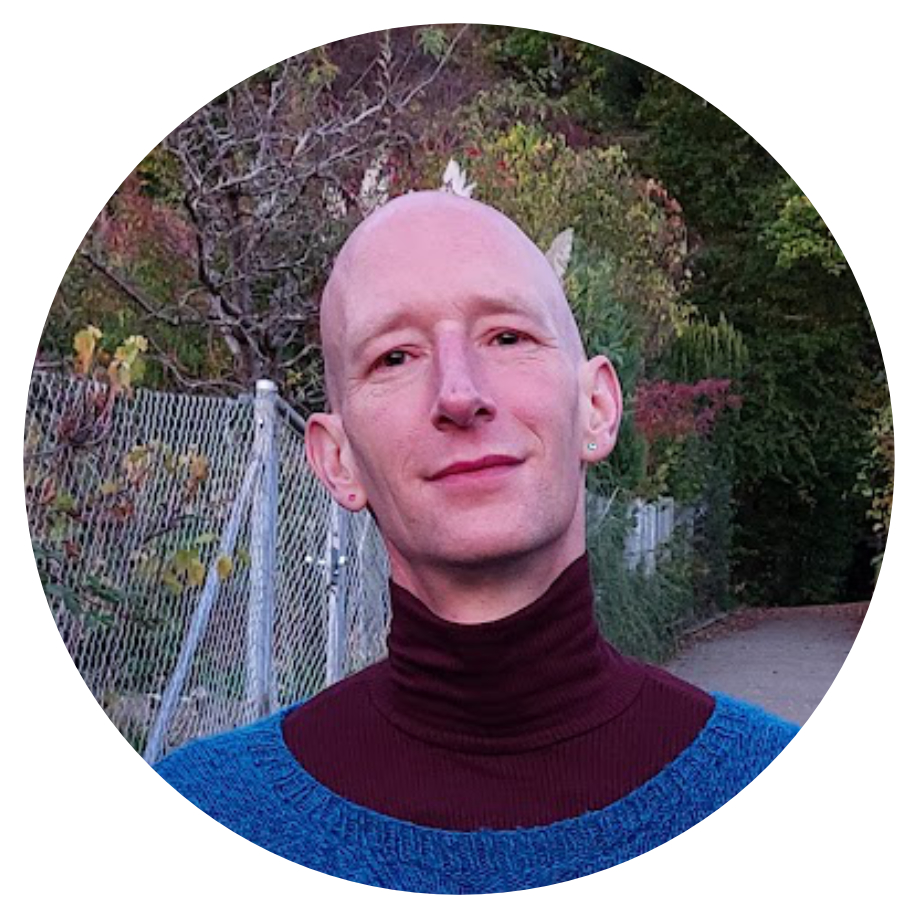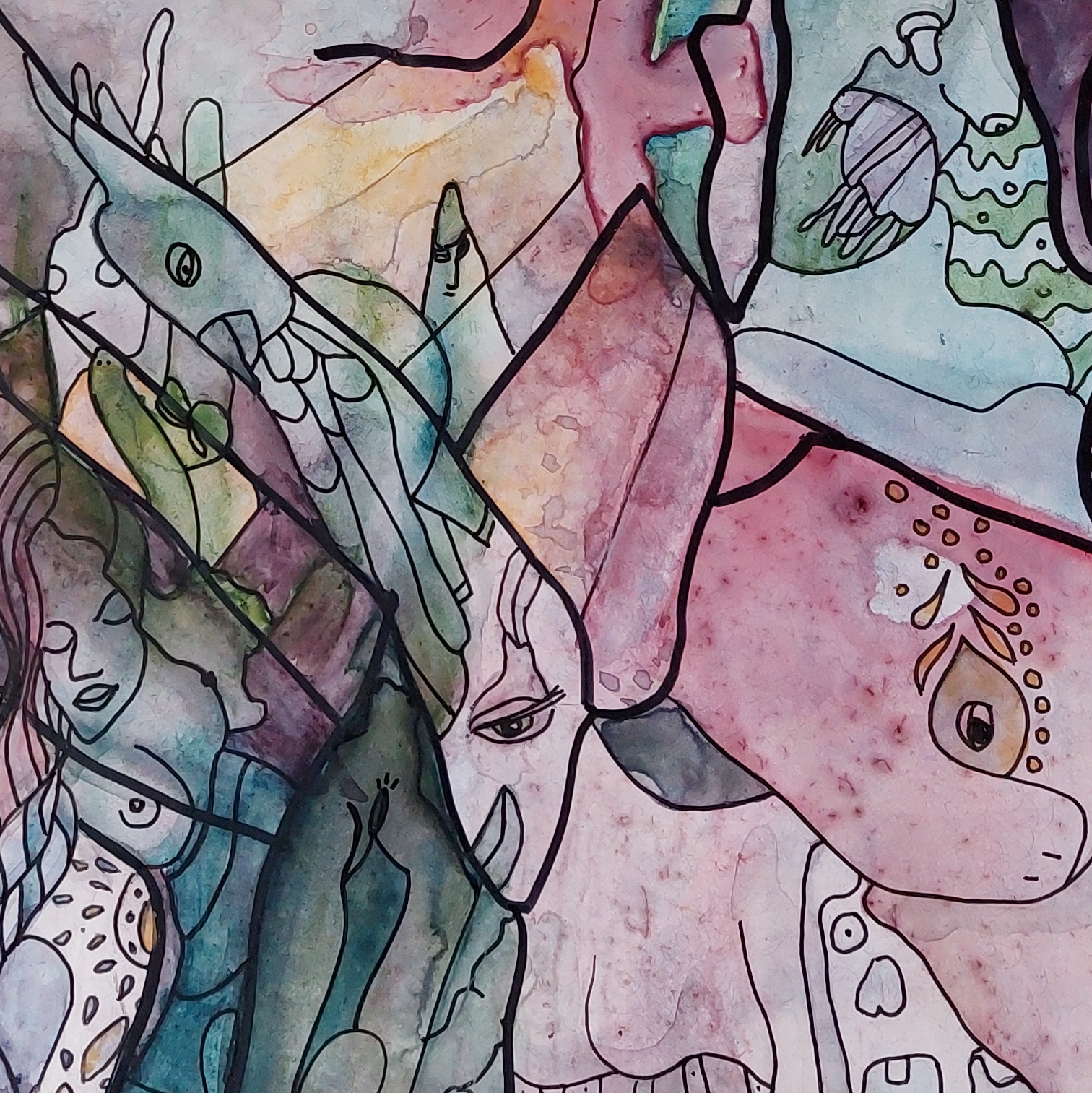These are the reflections from the Meetups in Zürich and Lausanne around Julia Serano’s Whipping Girl book.

The most important point that I retained from the discussions in Zürich and Lausanne, is around stereotypes and how we treat people that we perceive as not like us.
We talked about the issue of scanning people when we first cross their path and what we do with the conclusions we make about this scan. Is it a man? a woman? someone born here? someone rich? poor? threatening? attractive? and so on. We also questioned whether we can bypass this scanning completely (thinking of the epoché or Sufi Dhikr from another session).
We first considered that the issue is with the limiting categories (reflecting oppositional sexism) but we cannot simply live “in the poetic”, at the edge of intelligibility (see Audre Lorde’s rebellious eroticism). We need words and words require some kind of categories.
But we must be careful not to oppose categories to one another (as with heterosexual opposed to homosexual) because this creates anxiety in all people (afraid to be thrown out of the group, to not belong anymore) and it rejects the experiences of people who do not fit in the opposed categories (bisexuals or non-binary people for example).
Thus, oppositional sexism exacerbates gender anxiety in all people, and is a major factor responsible for most of the prejudice and discrimination directed at sexual minorities.
Julia Serano, Whipping Girl, p. 106
After some exchanges, we then realised that the real issue is how we value otherness. When encountering someone outside of our norm, why is it that instead of wanting to learn from them and being amazed at their strength to live “remotely” from the heart of normality, why do we often choose to pity or fear them?
In one position (pity), we are reducing their difference to something we understand (a wound) and to which we can relate from a confortable vantage point (the unwounded) without reflecting on ourselves.
In the other position (fear) we are, again, reducing them to something understandable (a threat) that feels somehow confortable (even if frightening) because it does not threaten our understanding of ourselves and the world.
One reason we might choose these two positions is because they protect us from the consequences of letting ourselves be touched, moved, or changed by the other that we meet. It is related to our fear of being “othered” in our most intimate core: in our understanding of the world and ourselves.
By approaching the “other”, we might become ourselves, the wounded or the threat or “weird” to the point of becoming unfathomably impossible to comprehend, a question much more than an answer. The crazy, the fool.
And this fear of change extends inside of us as well every time we try to cut ourselves from experiences we had or things we did. In a crazy twist, we oppose who we think we are now to our past, refusing to continue learning from our own lives, considering our own selves with pity and fear.
Many trans women try to “pass”, to be seen as “just a woman” without other people being able to tell that they were once in a body so different from the one they have today. In a world judging trans women, it can be a very good strategy to be safe and lead a normal life. But this also erases some of the riches of such lives, teachings about experiences that will never be taught.
The same happens for migrants who can “pass” as natives in the new land. Or people who can hide that they went through a depression, a bankruptcy, a criminal life, being an aggressor or a victim. We then all feel insecure regarding the value of our own lives because we feel that we are the monsters, the only “not-normal” ones. We think that we are the only ones with a drunk dad, a depressed mother, a mad uncle, a war in our bones, experiences of neglect, injury, sexual assault, self-injury, violent crimes, disease, shame, etc.
And then we rob each others of these experiences and are doomed to not learn from them and possibly repeat them.
In this regard, re-reading Audre Lorde’s testimony on her survival from cancer during a time when this word was taboo is enlightening:
I do not wish my anger and pain and fear about cancer to fossilize into yet another silence, nor to rob me of whatever strength can lie at the core of this experience, openly acknowledged and examined.
Audre Lorde – Cancer Journals, Spinsters, 1980, p. 9
But also what she says on the erotic as a rebellious bridge from ourselves to the world (and to others):
The erotic is a measure between the beginnings of our sense of self and the chaos of our strongest feelings.
ibid., p. 30
Thus, to walk the gap between what we fear, in others and in ourselves, it seems that we can use our connection to the life force, curiosity or pursuit of joy that Lorde calls the erotic as well as the sharing of this joy with others.
Maybe the way to belong in this world is not in spite of our differences but because of them: by sitting under a tree, around a fire, by a lake, at a table, or on a carpet to learn from each other and be amazed at the breadth of the human experience.


